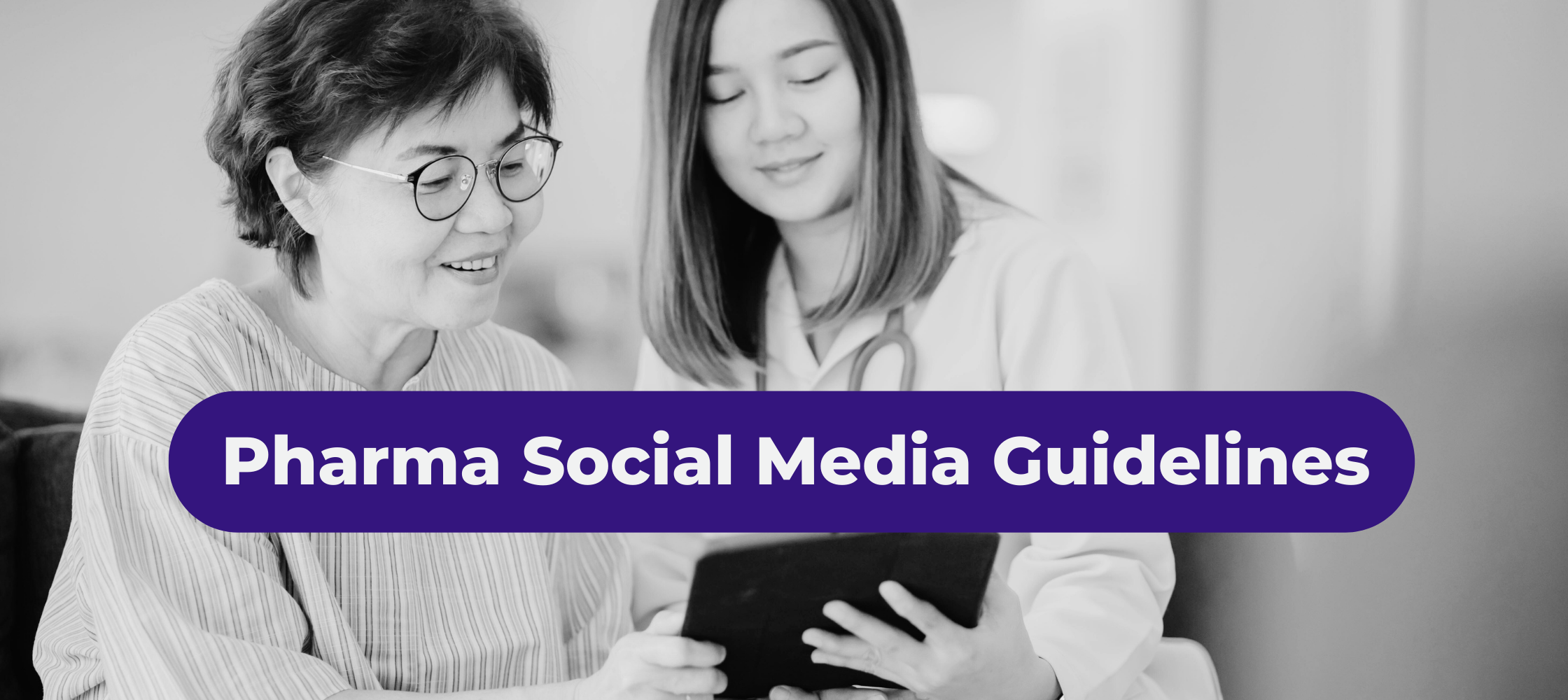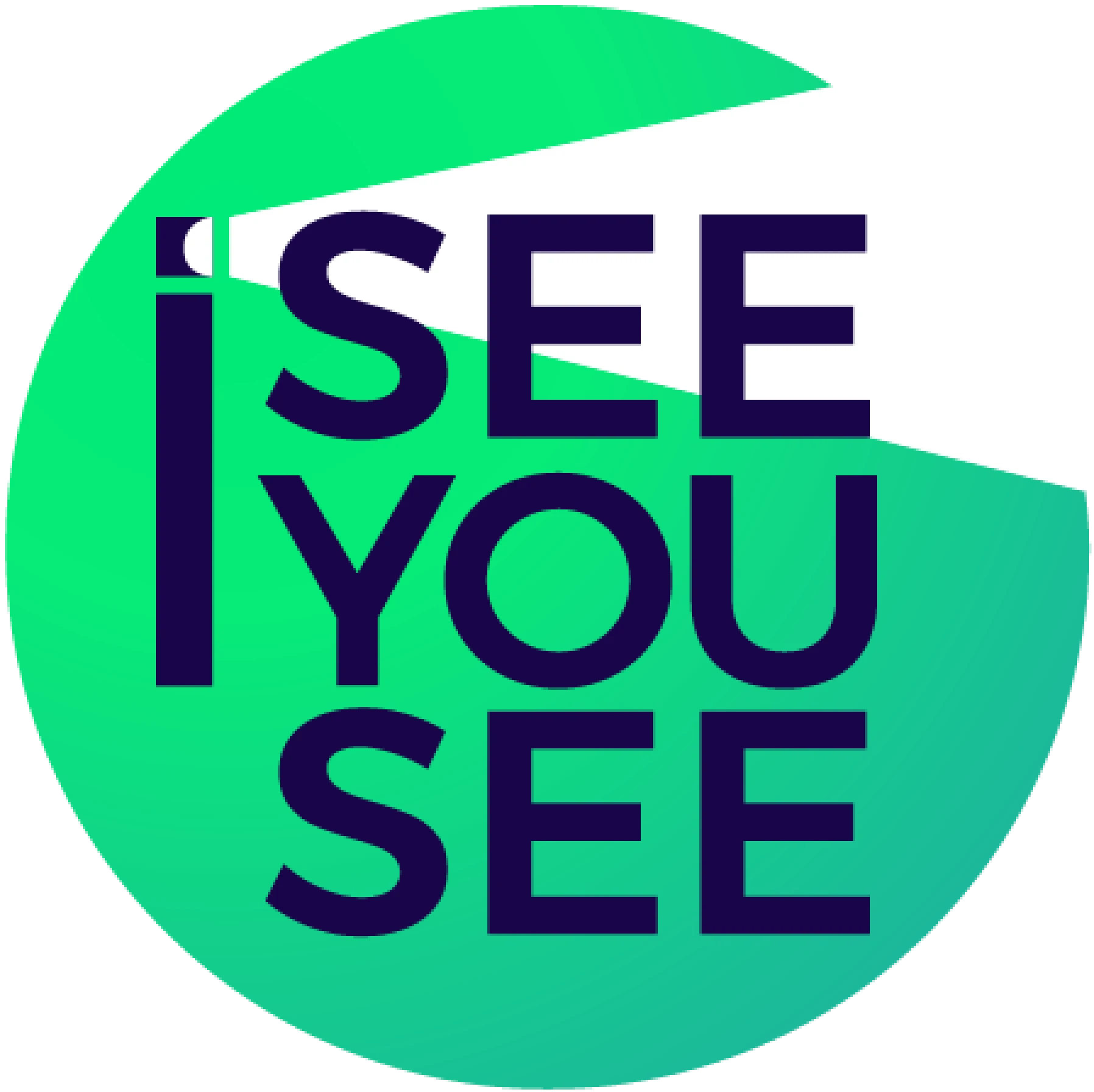Social media plays a crucial role in the pharmaceutical industry as a tool to communicate with customers, patients, and healthcare professionals. Pharma brands can now create meaningful relationships with patients to understand their experience, improve their quality of care, and provide correct information on products and medical devices.
Pharma social media marketing comes with specific challenges to the industry, as pharma social media must follow regulations, stay compliant, and ensure public health and safety. A strong pharma social media strategy is a great way to manage pharma social media guidelines and strengthen brand reputation and positioning.
Regulatory Landscape for Pharma Social Media
Substantial regulatory oversight, disclosure laws, and many other regulatory guidelines and requirements oversee the pharma and healthcare industry. Safety and pharmacovigilance matters can appear on social media at any time. Therefore, monitoring the safety of prescription drugs and medical devices they develop and advertise online is imperative for brands to reduce risk and take action when needed.
Pharmaceutical brands must stay alert on social media to identify any potential adverse event or technical complaint regarding any products or medical devices marketed. Any brand in the pharma industry must stay compliant with FDA guidelines by reporting any potential side effects to the appropriate channel within the appropriate time frame.
FDA Guidelines for Pharma Social Media
Whether on social media or elsewhere, the FDA requires pharmaceutical brands to follow strict guidelines regarding how products, medical devices, and medical information can be presented and shared with the public. The FDA encourages pharma companies to use social media to communicate, collaborate, and share information that might benefit the safety and protection of public health.
FDA social media guidelines for pharma include but are not limited to:
- Roles and responsibilities
- Requirements for the creation of a social media strategy
- Policies and considerations (privacy, links, ethics, and copyrights)
- Guidelines to correct misinformation posted about products by third-parties
- Guidance on the promotion of FDA-regulated products on social media platforms
Here a some of the FDA guidelines for the promotion of FDA-regulated products on social media platforms:
- Promote the indicated and intended use of the products or devices
- Include both the trademark name (brand) and generic name of the drug
- Must be truthful and non-misleading
- Disclose the risk information associated with its use
- Include a fair balance of information regarding risks and benefits, with the risk information being presented with prominence
- Label information must be presented prominently in a way that can clearly be read and understood
Note: Please refer to the FDA social media guidelines for the pharma industry for complete and detailed information about FDA guidance for the social media industry.
Policies and Limitations of Social Media Platforms for the Pharmaceutical Industry
In addition to FDA guidelines, pharmaceutical companies must follow specific social media platform policies and limitations on what can or can’t be shared and advertised on their social media platforms. Social media platform policies pertain to security, engagement, disclaimers, conduct, oversight, enforcement, use of officiant accounts, and employee access.
Facebook and Instagram
As Instagram is owned by Facebook, both follow the same advertising policies. Prescription drug promotion is allowed on Facebook and Instagram with pre-approval and written permission from Meta. Facebook and Instagram restrict the type of content and to whom it can be advertised, such as age and country of origin, with a strong emphasis on non-misleading, non-negative, or non-unsafe advertising. Pharmaceutical brands need to complete a prescription drug advertiser application to qualify to advertise on Meta social media platforms.
Twitter restricts the advertisement of health and pharmaceutical products. Policies vary based on specific products and services and the country the campaign is targeting. Pharma brands must review Twitter requirements to make sure they stay compliant with Twitter regulations, as well as local regulations. To start advertising pharmaceutical products or services on Twitter, brands need to reach out to the Twitter team for permission.
YouTube
Since Youtube is a Google platform, pharmaceutical brands must refer to Google healthcare and medical advertising policies. YouTube allows some pharma-related ads, depending on local regulations and type of content. Advertisements must follow industry regulations and local guidelines.
Snapchat
Ads for prescription drugs and medical devices are allowed on Snapchat for some specific countries only. Pharma advertisements must be pre-approved by the Snapchat team and may require documentation to prove their legitimacy and compliance with applicable regulations and guidelines. To start advertising on Snapchat, brands must fill out a health-related products and services form.
Reddit allows health, wellness, and pharmaceutical advertisements on its platform, but they are restricted as they must be compliant with current local regulations, guidelines, and industry standards. Over-the-counter FDA-approved pharmaceutical drugs and medical devices are permitted on Reddit, while prescription pharmaceutical drug advertisements are only allowed in Canada and the United States. All pharmaceutical ads on Reddit are subject to pre-approval by the Reddit team and pharma brands need to provide legitimate documentation when necessary.
Social media platforms that don’t allow pharma advertising
Most social media platforms allow pharmaceutical companies to advertise on their platform, but there are a few exceptions. LinkedIn, Pinterest, and TikTok do not allow any online pharmaceutical advertisement on their respective platforms.
Conclusion
Social media takes an important role in pharma brands’ social media strategy by enabling them to drive meaningful interactions and conversations where and when patients or healthcare professionals need it most.
Regulations and guidelines make social media marketing for the pharmaceutical industry challenging. Pharma brands must have reliable social media moderation and social listening teams to stay compliant with industry regulations.
Book a meeting with us to learn more about how our team can help your brand navigate pharma social media guidelines.

